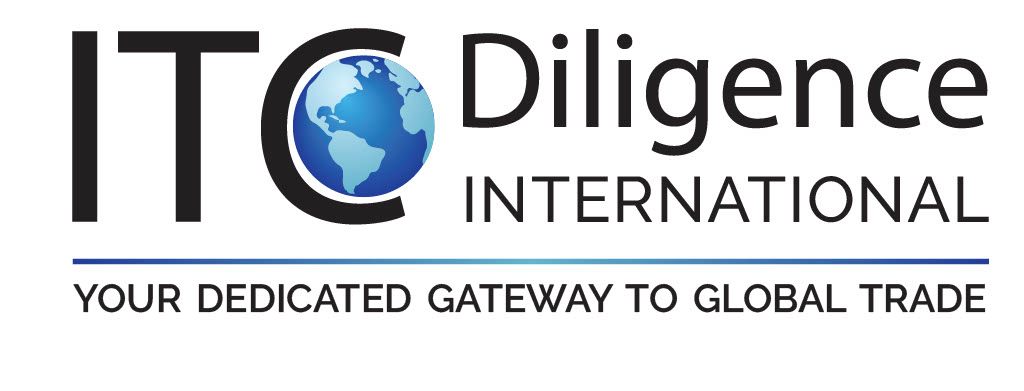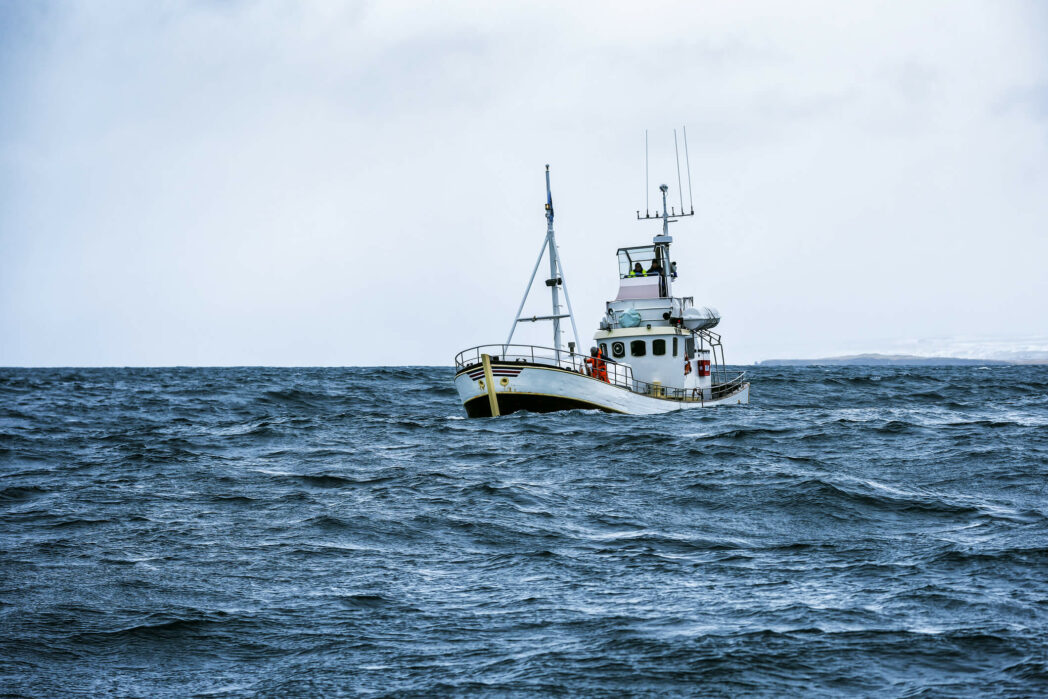The seafood industry, with its vast and intricate supply chains, has been under scrutiny for various reasons, one of the most pressing being the issue of forced labor. Human trafficking, including forced labor on fishing vessels, is a violation of human rights and an ethical stain on the seafood that makes its way to our plates.
The Isolation of the Sea
The challenges of addressing forced labor within the seafood sector are manifold. Fishing vessels often operate in isolation, sometimes remaining at sea for months or even years. This isolation impedes the escape from, or the reporting of, labor abuses. Workers in the fishing sector, subjected to human trafficking, endure a myriad of abuses:
- Emotional and physical abuse, sometimes resulting in death
- Excessive overtime
- Deplorable living conditions
- Deceptive or coercive recruiting practices
- Non-payment or underpayment of wages
- U.S. Government’s Stance
Several U.S. agencies, including the Departments of Commerce, Homeland Security, Justice, Labor, State, and Treasury, have taken a firm stance against these practices. Their collective mandate is to detect, deter, and ensure that products tainted with forced labor do not enter U.S. markets. ITC Diligence International, Inc. echoes this commitment, emphasizing the importance of ethical sourcing and supply chain transparency.
A Comprehensive Report to Congress
In response to the National Defense Authorization Act for Fiscal Year 2020, the Departments of Commerce and State drafted a report addressing Human Trafficking in the Seafood Supply Chain. Key takeaways from the report include:
- Identification of 29 countries most at risk for human trafficking in the seafood sector.
- Documentation of the quantity and value of seafood imports from each listed country.
- Discussion on seafood traceability programs in each listed country.
- Current U.S. government efforts to combat human trafficking in the seafood industry.
- Ten recommendations for legislative and administrative action, including outreach to listed countries, promoting global traceability efforts, and strengthening collaboration with the industry.
Human Trafficking in the Seafood Supply Chain
Human trafficking, especially forced labor, in the seafood industry is a pressing global concern. The seafood supply chain, from fishing to processing, is riddled with instances of human rights abuses. This issue is particularly challenging to address due to the vastness and complexity of the industry, which spans from small coastal farms to large offshore trawlers that operate for extended periods.
Victims of trafficking in this sector often endure physical, mental, and sexual abuse. They may be subjected to debt bondage, wage withholding, excessive overtime, and deception about working conditions. Such practices are devastating to the victims and their families and contribute to the destabilization of maritime security.
Several factors exacerbate the vulnerability of the fishing sector to human trafficking:
- Illegal Employment Practices: Traffickers often deceive fishers with promises of high wages. They impose high recruitment fees, trapping victims in debt manipulation schemes. Many fishers are migrants, unfamiliar with local languages and rights, making them more susceptible to exploitation.
- Dependency on Distant Water Fisheries: Overfishing and illegal fishing practices have depleted coastal fish stocks. As a result, vessels venture further out, isolating workers and limiting their means to escape or report abuse.
- Weak Regulatory Frameworks: Labor abuses thrive under weak governance. Some vessels operate under a “flag of convenience,” registered to countries with lax enforcement of fishing or labor laws.
Countries like Bangladesh, Burma, Cambodia, and Cameroon have been identified as high-risk regions for human trafficking in their seafood sectors. For instance, in Bangladesh, traffickers force both adults and children into labor in the fishing, shrimp, and dried fish industries. Rohingya refugees, in particular, are at significant risk. In Cambodia, adults and children migrate for work and many end up forced to work on fishing vessels, with some escaping only to be found in distant countries like Mauritania, Fiji, or Senegal.
Efforts to combat this issue include diplomatic engagements with high-risk countries, technical and capacity-building assistance, and promoting global traceability efforts. Traceability programs, which track and account for how seafood is caught and processed, vary widely. While some countries are making strides in establishing such programs, many are still in nascent stages.
The Role of ITC Diligence International, Inc.
ITC Diligence International, Inc. recognizes the gravity of this issue and is committed to assisting businesses in navigating the complexities of international trade regulations. As a result, ITC Diligence International Inc. plays a pivotal role in promoting ethical trade practices and supply chain transparency.
- Expert Consultation: With a deep understanding of international trade regulations, ITC provides expert advice to businesses, ensuring they remain compliant while also upholding ethical standards.
- Customs Brokerage: As a nationally licensed customs broker, ITC offers comprehensive customs clearance services, ensuring that goods are imported and exported in compliance with all regulations.
- FTZ Services: ITC’s Foreign Trade Zone services are designed to help businesses optimize their operations. From FTZ activation to daily administrative tasks, ITC handles it all, ensuring businesses can focus on their core functions.
- Supply Chain Transparency: ITC assists businesses in tracing their supply chains, ensuring that products are sourced ethically and in compliance with international standards.
- Customized Solutions: Understanding that each business is unique, ITC offers tailored solutions to meet specific needs, ensuring that businesses can operate efficiently and ethically.
- Educational Workshops: ITC believes in empowering its clients with knowledge. Through workshops and training sessions, businesses can stay updated on the latest regulations and best practices.
The issue of forced labor in the seafood industry is a pressing concern that requires collective action. While the U.S. government’s efforts are commendable, businesses also have a role to play. By partnering with organizations like ITC Diligence International, Inc., businesses can ensure that they are compliant with regulations and contributing to a more ethical and transparent seafood industry. If you’re looking to understand the intricacies of international trade and its impact on your business, get in touch with the experts at ITC Diligence International, Inc. today.

